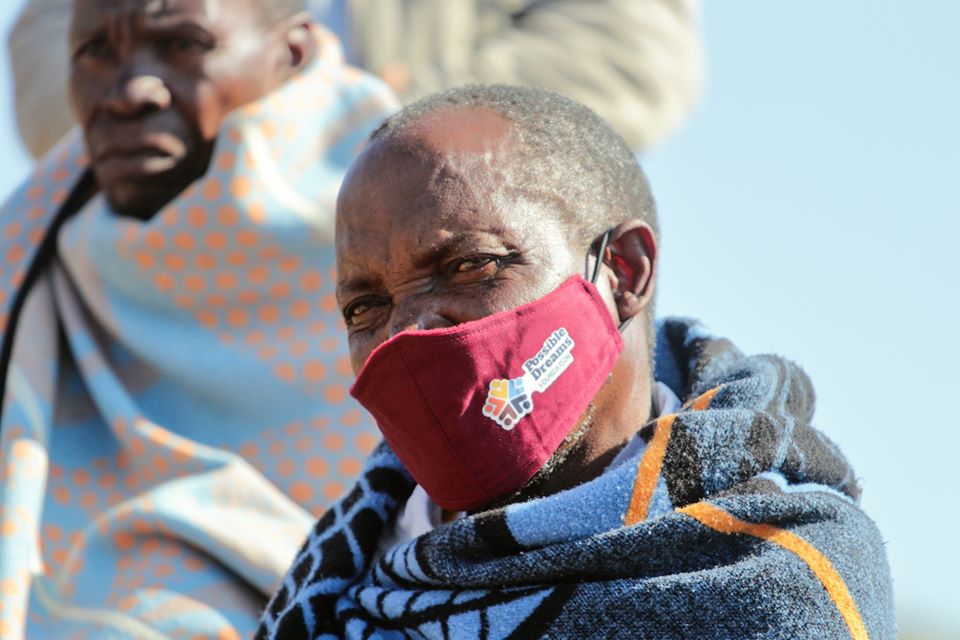The Central Bank of Lesotho (CBL) says economic growth in the first quarter of 2020 was negatively affected by the global spread of the COVID-19 pandemic and associated infection control measures undertaken around the globe.
CBL Governor Retṧelisitsoe Matlanyane said this is despite unprecedented monetary and fiscal policy easing by countries including the United States and China. Labour market gains in advanced economies have been reversed and show signs of further deterioration. Downside risks to the global economic outlook remain prominent and emanate mainly from the continued spread of the corona-virus, a re-escalation of trade and geo-political tensions, and other country-specific factors.
She indicated that the inflationary pressures largely subsided in advanced economies. In the US, the Euro Area and Japan, rates of inflation decreased, while it remained unchanged in the UK. The monetary policy stance remained accommodative across advanced economies, with rates in the US, the Euro Area and UK kept close to the zero lower bound.
She further said the economic activity in emerging market economies, including China and South Africa, has remained generally low, mainly on account of the COVID-19 and other country-specific factors. China’s economic growth decreased by 6.8 per cent in the first quarter of 2020.
“In South Africa, coronavirus infection control measures and low business confidence are expected to undermine growth prospects in the medium term, while risks to long-term growth are expected to emanate largely from structural challenges. The annual rate of headline inflation, measured by changes in the Consumer Price Index (CPI) for all urban areas, was recorded at 4.1 per cent in March 2020, down from 4.6 per cent in February 2020.
“Global financial markets are beginning to stabilize with renewed risk taking returning in most markets. Yields in emerging markets, especially South Africa have been rising on the long end and sliding on the short end. The expected result is further depreciation in the exchange rate,” she explained.
She said the domestic economy has generally been weak. According to the CBL measure of economic activity, economic performance declined by 0.6% in March 2020, relative to a 0.2% decrease in February. While economic forecasts are likely to change, the economy is expected to contract by 5.7% in 2020 mainly due to COVID-19 infection control measures. In the labour market, there were mixed signals across the three sectors that are monitored by the Bank. there was a decline in employment in both manufacturing and migrant mineworkers, consistent with lower demand for some of the large firms’ products in South African and overseas markets, while government employment improved slightly
Matlanyane further said that the rate of Inflation, measured by year-on-year percentage change in consumer price index (CPI), decreased from 4.2 % in February 2020 to 4.0% in March 2020. This was mainly due to a lower increase in the prices of the following categories in the basket, food and non-alcoholic beverages, clothing and footwear. Housing, electricity, gas and other fuels and furnishings, education and transport.
“Money supply as measured by M2, increased by 3.2% In the quarter ending March 2020, following an increase of 0.2% in February 2020. The increase was realised in both the net foreign assets and net domestic clams. Private sector credit increased by 4.5% in March 2020, compared to an Increase of 0.02% in February 2020.
“The balance of payments position improved in the first quarter, on account of a decline in the trade account deficit together with a higher surplus in the primary and secondary income accounts. Consequently, gross international reserves rose to 4.7 months of import cover from 4.3 months in the previous quarter.
“The Committee Will continue to monitor the global developments and their likely impact on domestic macroeconomic conditions, especially the CBL net international reserves (NIR), with the aim of taking corrective action when needed,” she further explained.








